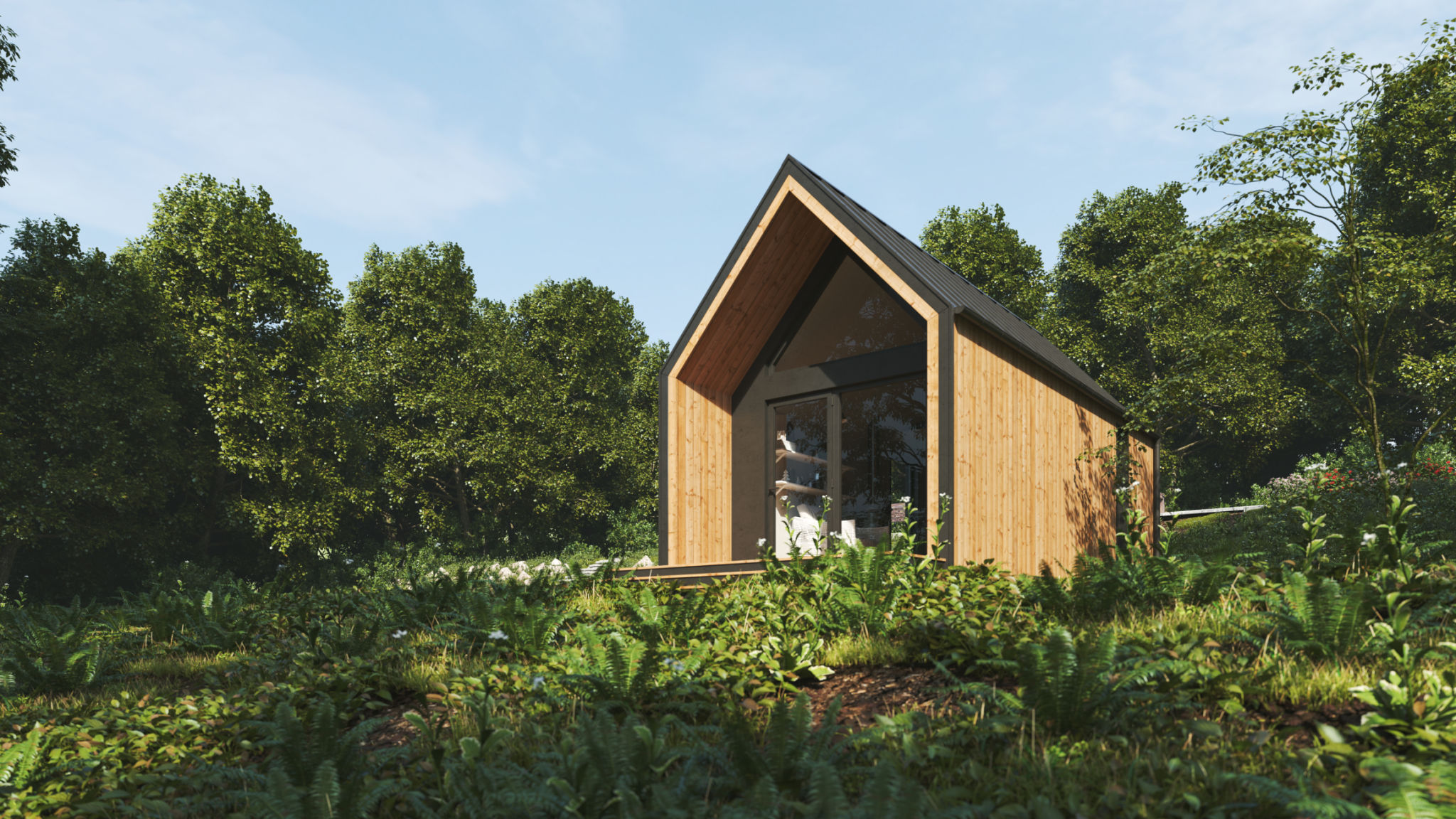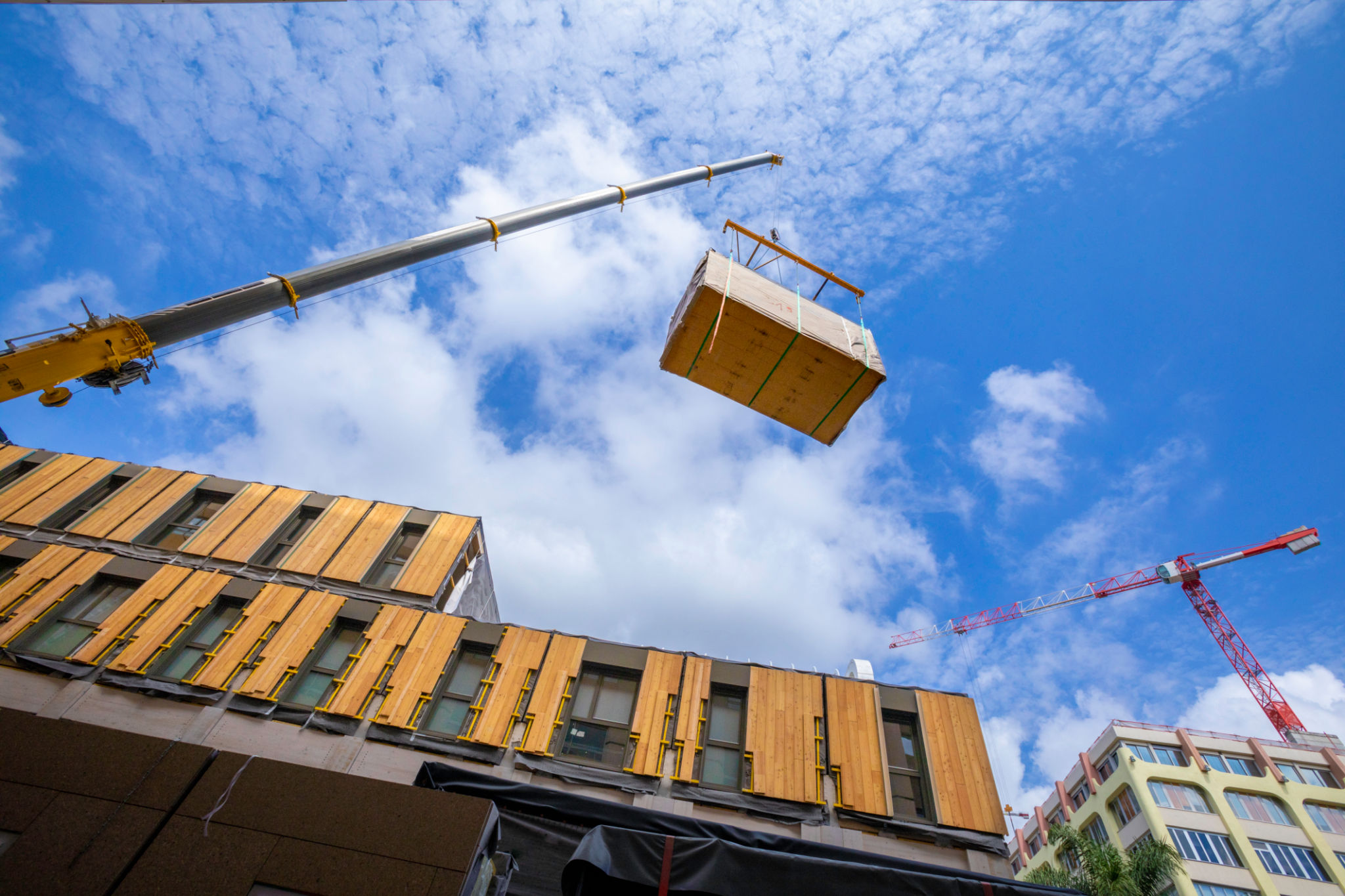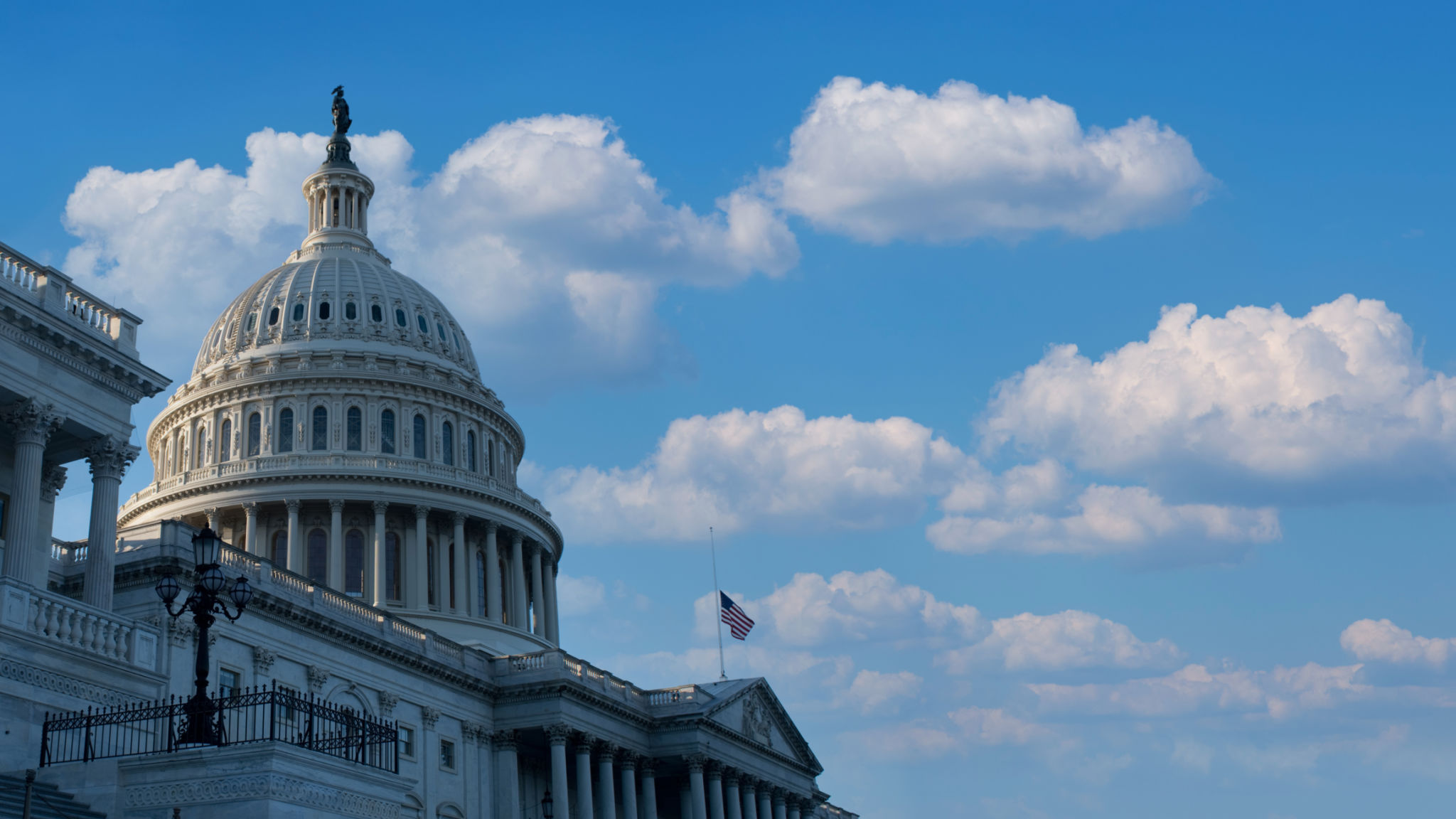The Future of Building in Botswana: Trends in Eco-Friendly Construction
Introduction to Eco-Friendly Construction in Botswana
Botswana is witnessing a transformative shift in its construction industry as eco-friendly practices become increasingly prioritized. As the world becomes more conscious of environmental issues, the demand for sustainable building methods is rising. This movement is not only about reducing carbon footprints but also about creating healthier living spaces and promoting energy efficiency.
Developers and builders in Botswana are embracing these trends, recognizing the long-term benefits of eco-friendly construction. This growing awareness is changing the landscape of urban development across the country, with innovative solutions being integrated into new projects.

Emerging Trends in Sustainable Building
Several key trends are shaping the future of eco-friendly construction in Botswana. Among these, the use of local materials stands out. By sourcing materials locally, builders can minimize the environmental impact associated with transportation and support the local economy. Materials like clay bricks and thatch are making a comeback due to their sustainability and cultural significance.
Another significant trend is the incorporation of renewable energy sources. Solar panels, wind turbines, and other renewable technologies are being integrated into building designs, ensuring that new structures are not only environmentally friendly but also cost-effective in the long run.
Innovative Building Techniques
Modern construction techniques are also playing a crucial role in promoting sustainability. Techniques such as modular construction and prefabrication are gaining popularity in Botswana. These methods reduce waste and time on-site, leading to more efficient building processes.

Green roofs and living walls are also becoming more common in urban areas. These features help regulate building temperatures, improve air quality, and provide aesthetic value to structures. Such innovations demonstrate Botswana's commitment to integrating nature with urban development.
Government Initiatives and Regulations
Government support is essential for the widespread adoption of eco-friendly construction practices. In Botswana, several initiatives and regulations have been introduced to encourage sustainable building. The government is offering incentives for projects that meet certain environmental standards, making it more attractive for developers to go green.
By setting benchmarks for energy efficiency and environmental impact, these regulations aim to ensure that new constructions align with sustainable development goals. This proactive approach by the government is a crucial driver for change in the industry.

The Role of Education and Awareness
Education and awareness are critical components in the journey toward sustainable construction. Botswana is investing in educational programs to train architects, engineers, and builders on the latest eco-friendly techniques and technologies. These programs aim to equip professionals with the skills needed to implement sustainable practices effectively.
Public awareness campaigns are also vital in encouraging communities to support green building initiatives. By increasing awareness of the benefits associated with eco-friendly construction, Botswana can foster a culture that values sustainability.
The Future Outlook
The future of building in Botswana looks promising as sustainability becomes a core principle in construction. With continued innovation and support from both the government and private sectors, Botswana has the potential to become a leader in eco-friendly construction within Africa.
As these trends continue to evolve, they will not only contribute to environmental conservation but also enhance the quality of life for Botswana's citizens. By embracing sustainable building practices, Botswana is setting a positive precedent for other nations to follow.

